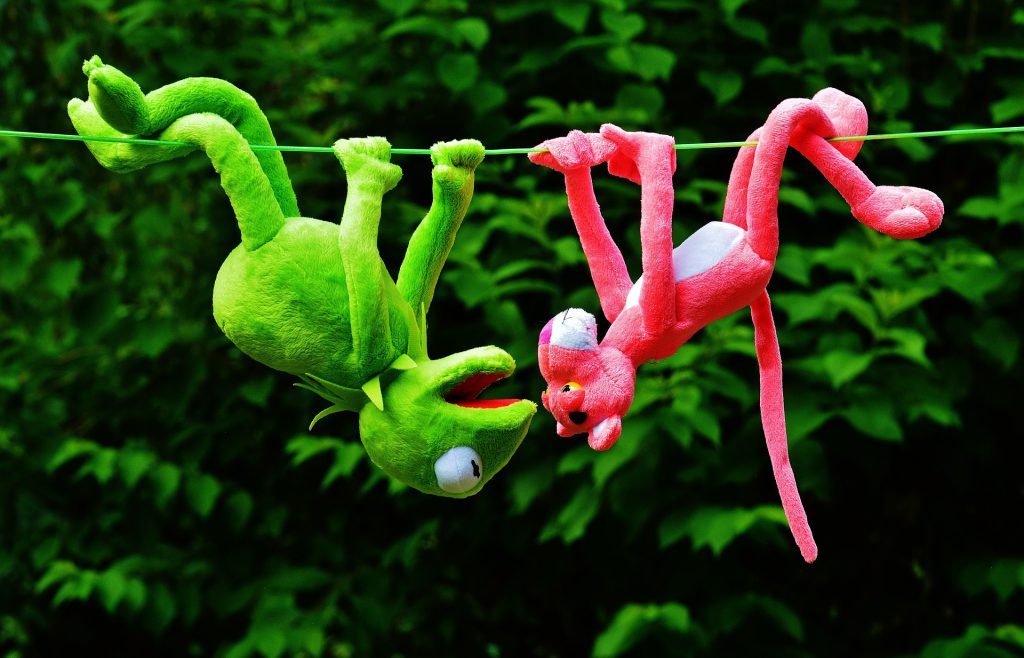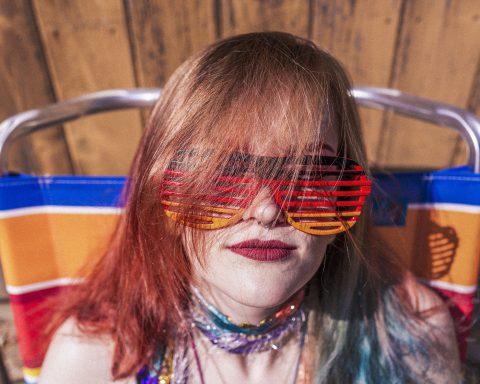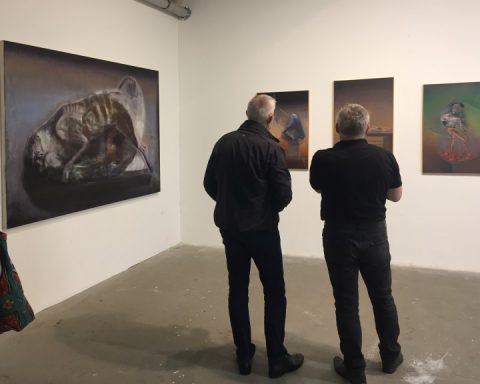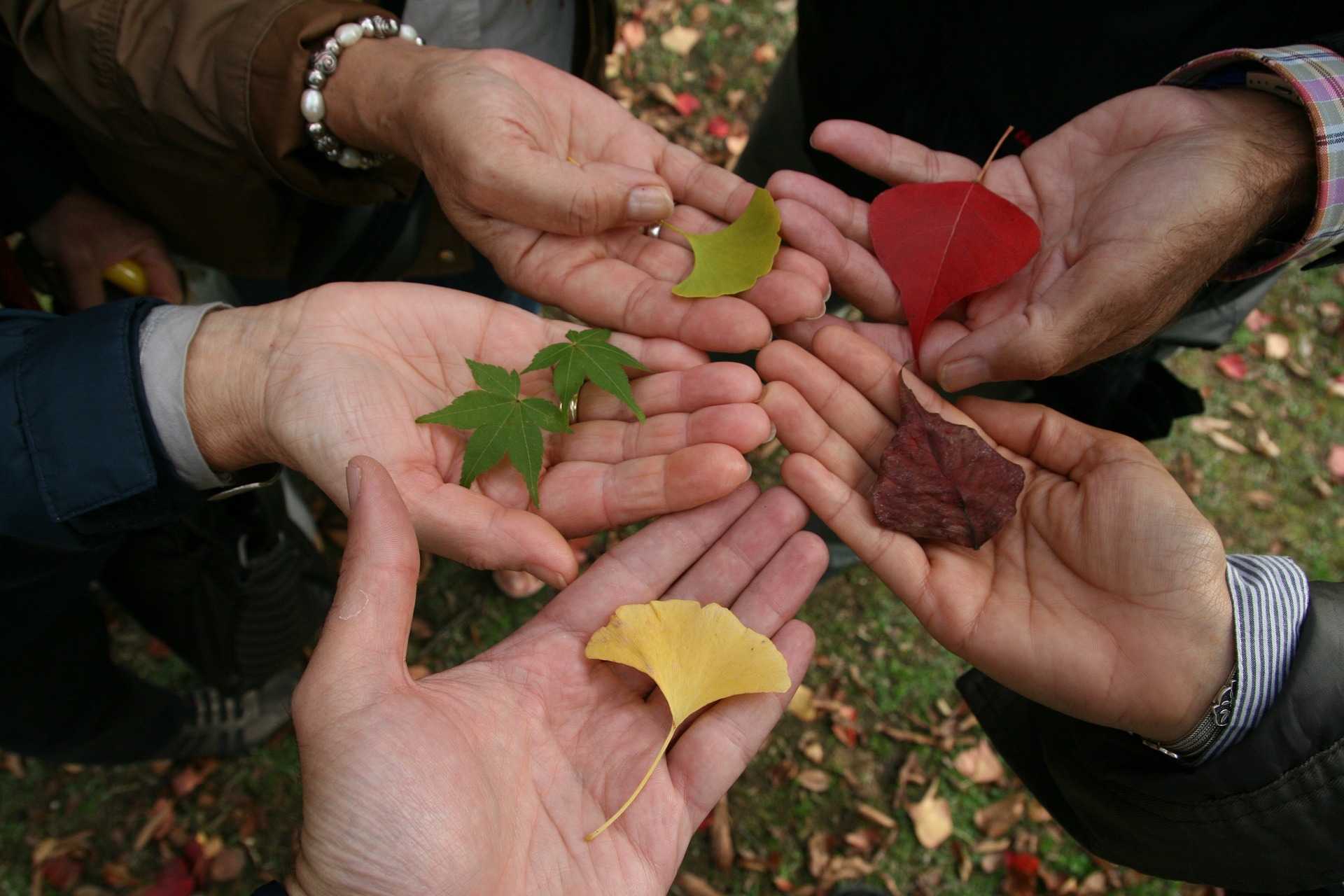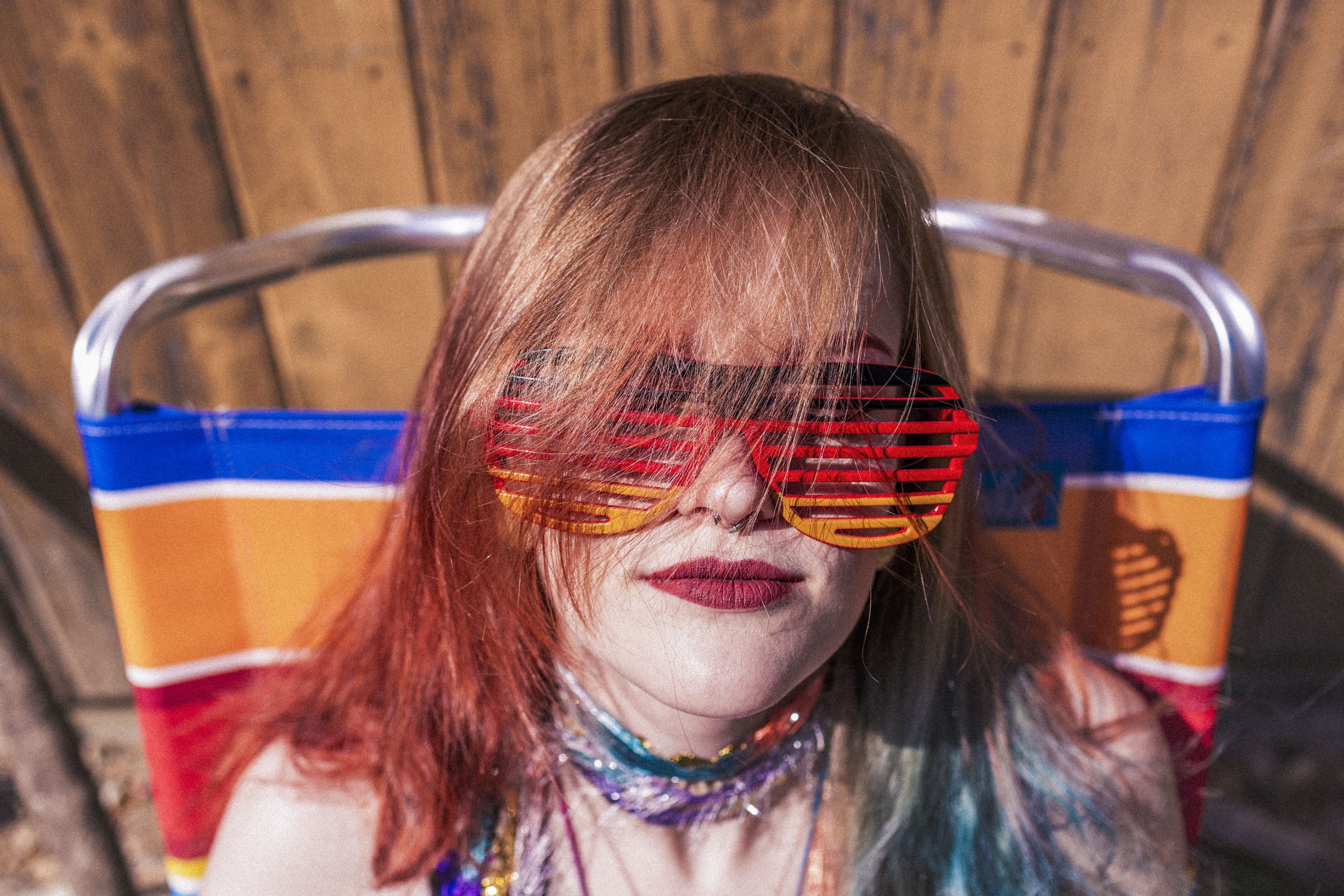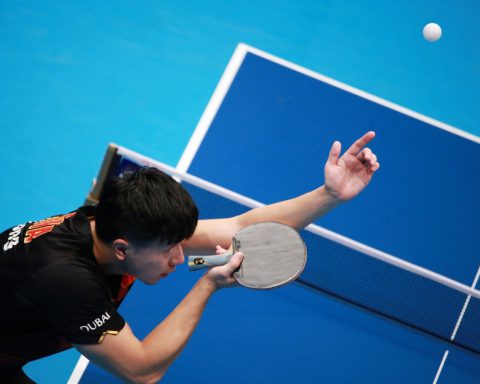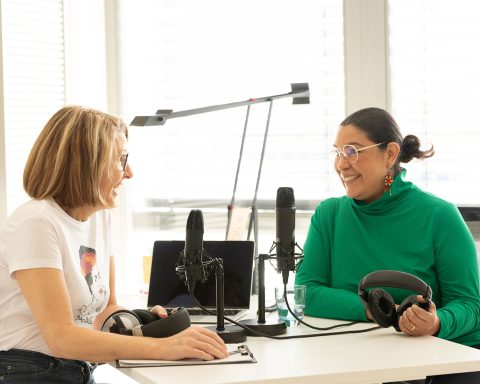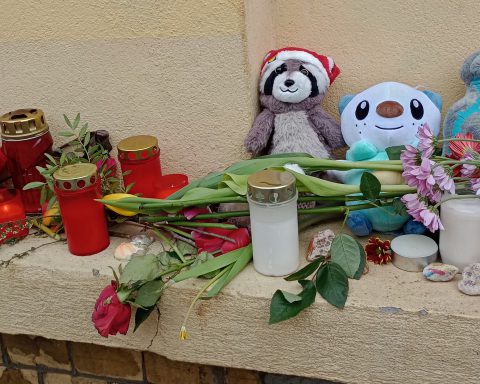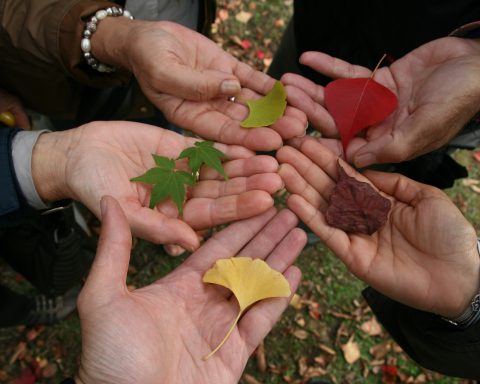As heard at Die Villa:
‘Antarah’s mother was born a princess. She was a beautiful Ethiopian woman named Zabuba who went about her daily tasks with such gentle elegance that everybody whose life she touched felt honoured to have come into contact with her.
Apparently she also had this effect on Shaddad al ‘Absi, a mighty warrior of the Banu ‘Abs tribe, who kidnapped her and held her captive in the heart of his own people. Not long later, Zabuba gave birth to Shaddad’s son, whom she named ‘Antarah and who was to remain a slave like his mother. ‘Antarah grew up with a sense of humour and a loyalty to his mother and his people. He was a skilled poet and a noticeably good fighter, and, during a great siege on the city of the Banu ‘Abs tribe, his father asked him to fight alongside the warriors.
‘Antarah replied “I am a slave who knows nothing about defending cities or fighting enemies. I am only good for milking goats and serving my master”.
“Defend your people, oh ‘Antarah! You are free!” was his father’s decisive reply, and the only inspiration ‘Antarah needed to fight bravely for his people and for the hand of his cousin ‘Abla, with whom he was deeply in love.
I was treated to an original rendition of this epic tale, in Arabic, one Tuesday evening in Die Villa Soziokulturelles Zentrum in Leipzig.
The cellar rooms are cosy and the food is healthy, but the conversations are anything but homey.
The idea behind the Sprachabend is simple. The organisers bring about thirty little signs, each stating the name of a language. When you join the lively crowd, you sit at the table dedicated to the language you would like to practise, or you take a language sign and establish your own group. Then you are left free rein to discuss anything from epic battles to German politics; or indeed the similarities between the two.
In Die Villa I have learned Slovak and a few words of Esperanto; I have practised Arabic; and I feel like I am well on the way to finally mastering French slang.
It is my chief source of information about what a German “e.V” is and how to translate the rhyme scheme of poetry. This was indeed the main topic of our conversation last week, before people drifted off to other languages and our communal train of thought advanced to the creation of musical instruments and the delights of the German language.
It really is a very open and accepting atmosphere, and whatever you have to bring to a conversation is delightedly received. Just think of all those people from all those different countries, with all their various ideas and thoughts and “Denkweisen”. What a wealth of things you can talk about with people you don’t know!
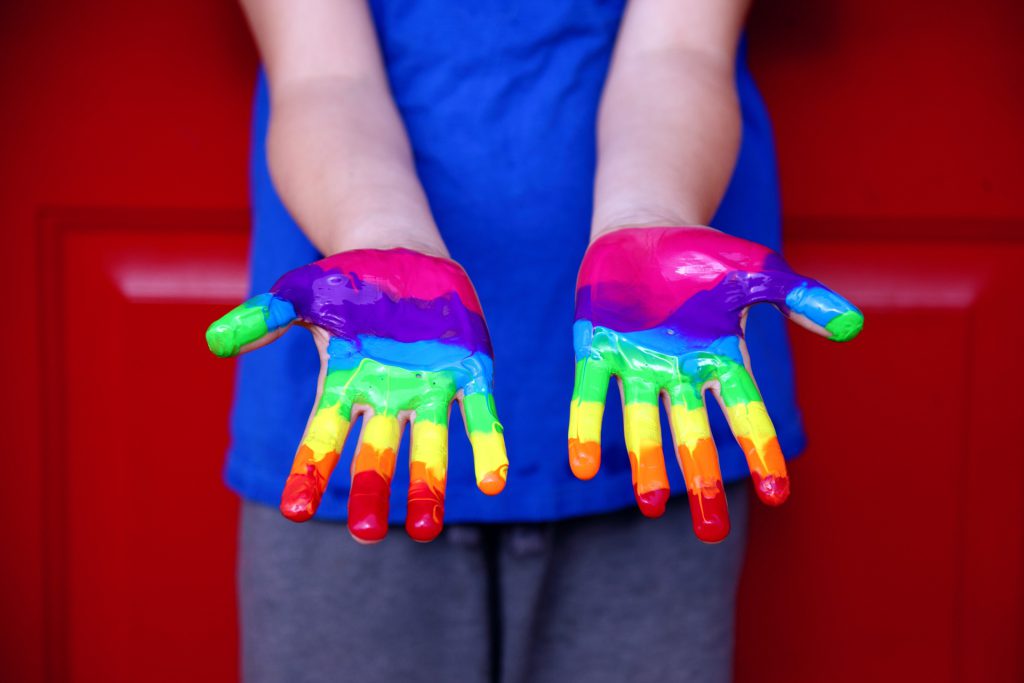
If you are interested in languages or if you would like to practise speaking, then Die Villa could become your new Tuesday evening haunt.
There is always somebody to welcome you when you come in, who will exchange a friendly word or two and point you in the right direction towards the language of your choice.
There are always beginners and native speakers at every table, with the philanthropic aim of mutually helping each other to make headway in their various mother tongues. There is always food and drink available to buy, and the evening atmosphere is relaxed and inclusive.
We all know how it can feel to be a slave to a language or its grammar. With a bit of practice at Die Villa Sprachabend, you can put this right, and help other people along their way at the same time. Who knows – maybe you will follow in ‘Antarah’s great footsteps and write poetry about your culture; become an ambassador for your country and your people. Or maybe you will stumble across the love of your life.
Sprachabend happens every Tuesday evening at 8 in Die Villa, Lessingstraße 7, 04109 Leipzig. To learn more about Die Villa, visit their website. To view this and other Leipzig events, and to post your own, visit our community events calendar.
An earlier version of this story was published on 12 June 2016.


